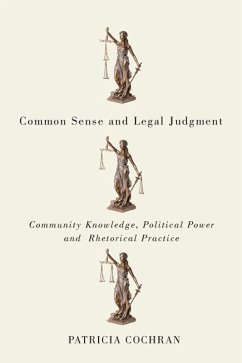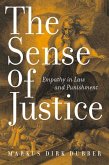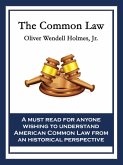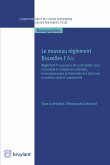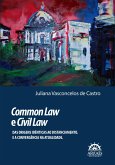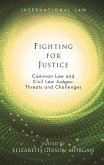What does it mean when a judge in a court of law uses the phrase "e;common sense"e;? Is it a type of evidence or a mode of reasoning? In a world characterized by material and political inequalities, whose common sense should inform the law? Common Sense and Legal Judgment explores this rhetorically powerful phrase, arguing that common sense, when invoked in political and legal discourses without adequate reflection, poses a threat to the quality and legitimacy of legal judgment. Often operating in the service of conservatism, populism, or majoritarianism, common sense can harbour stereotypes, reproduce unjust power relations, and silence marginalized people. Nevertheless, drawing the works of theorists such as Thomas Reid, Antonio Gramsci, and Hannah Arendt into conversation with rulings by the Supreme Court of Canada, Patricia Cochran demonstrates that with careful attention, the democratic, egalitarian, and community-sustaining aspects of common sense can be brought to light. A call for critical self-reflection and the close scrutiny of power relationships and social contexts, this book is a direct response to social justice predicaments and their confounding relationships to law. Creative and interdisciplinary, Common Sense and Legal Judgment reinvigorates feminist and anti-poverty understandings of judgment, knowledge, justice, and accountability.
Dieser Download kann aus rechtlichen Gründen nur mit Rechnungsadresse in A, B, BG, CY, CZ, D, DK, EW, E, FIN, F, GR, HR, H, IRL, I, LT, L, LR, M, NL, PL, P, R, S, SLO, SK ausgeliefert werden.

